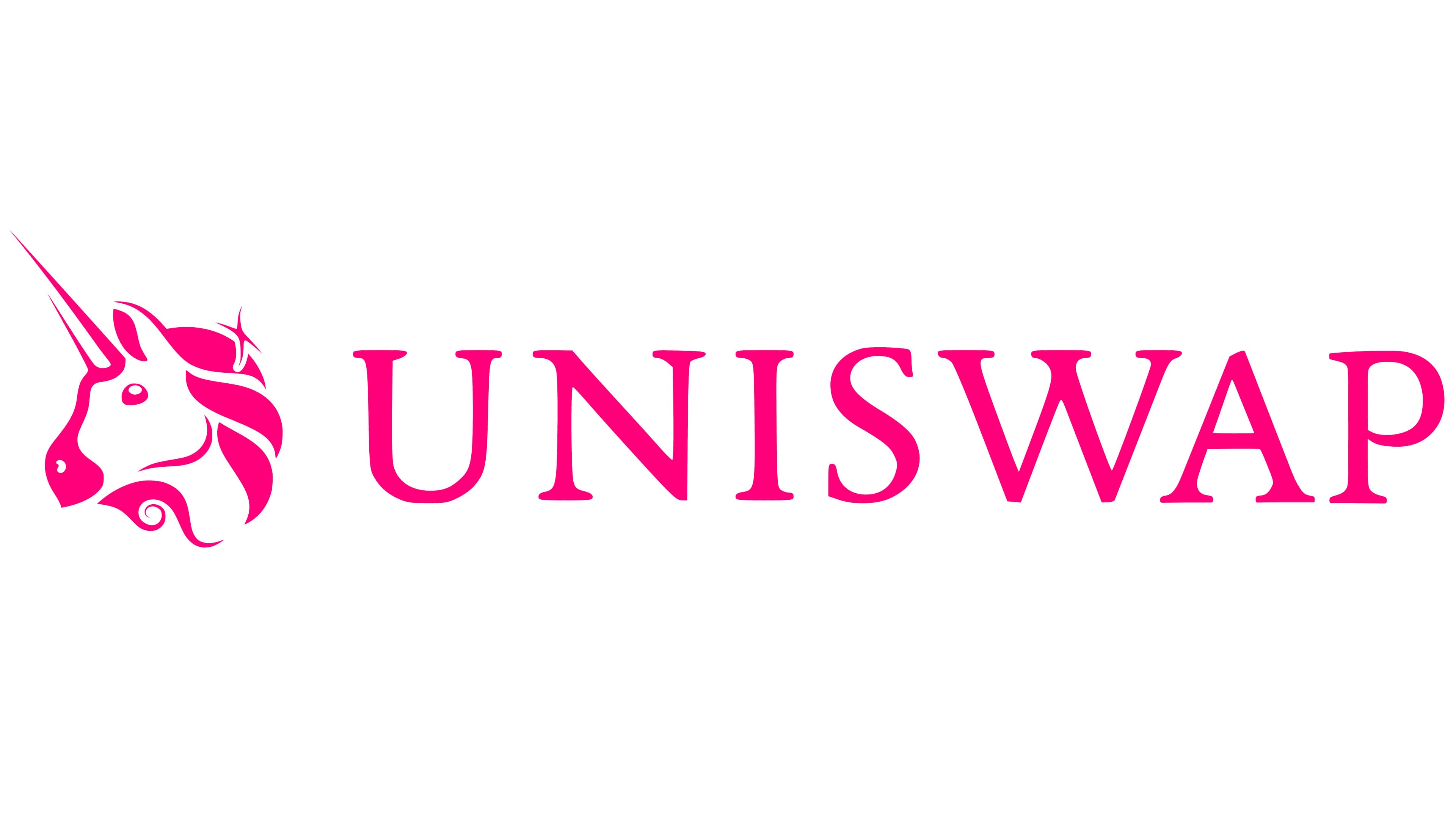Whoa! Ever tried trading ERC-20 tokens on a DEX and felt like you were juggling flaming torches blindfolded? Seriously, the Ethereum ecosystem is buzzing with opportunities, but your wallet choice can make or break the whole experience. Something felt off about how many folks just jump in without thinking twice about wallet security and usability. It’s not just about having access—it’s about control, privacy, and seamless interaction with decentralized platforms.
Most people know the basics: you need a wallet to interact with Ethereum-based DEXs like Uniswap. But here’s the kicker—there’s a world of difference between a custodial wallet and a self-custody wallet. The latter gives you direct control over your private keys, which is crucial if you want to avoid hacks or shady middlemen. Initially, I thought everyone was on the same page with this, but then I realized that many newbies still rely on exchanges’ wallets, unknowingly giving up their autonomy.
Ethereum wallets aren’t just digital vaults; they’re your gateway to the decentralized world. The ERC-20 token standard, which underpins thousands of tokens, demands a wallet that can handle smart contract interactions smoothly. Not all wallets are created equal here. Some lag behind on user experience, while others sacrifice security for convenience. It’s a tricky balance, and honestly, it bugs me when people ignore this aspect and end up losing funds or getting frustrated.
Okay, so check this out—there’s this wallet that’s been gaining traction lately. It’s called the uniswap wallet. What’s neat about it is how it’s designed specifically for interacting with Uniswap and other Ethereum DEXs, offering a slick interface and robust security features. I’ve been using it for a bit, and the way it integrates with the Ethereum network feels very intuitive, almost like it was tailor-made for traders who want to keep things simple but safe.
But here’s the thing. Using a dedicated Ethereum wallet like this isn’t just about convenience; it’s about trustless interaction. When you trade on a DEX, you’re not handing over your tokens to a third party. Instead, you’re executing smart contracts directly from your wallet. This means your wallet’s connection to the Ethereum blockchain has to be rock solid. Any hiccup, and your swap might fail—or worse, your tokens might get stuck in limbo.
On one hand, many users favor browser-based wallets like MetaMask because they’re widely supported and pretty straightforward. Though actually, the learning curve and security pitfalls sometimes make me hesitate before recommending them blindly. I’ve seen cases where phishing attacks or malicious extensions compromised users’ funds. So yeah, having a wallet with built-in safeguards or a more secure architecture is very very important.
Here’s a little anecdote: a friend of mine, who’s pretty savvy with crypto, once lost access to his tokens because he stored them in a wallet that didn’t support ERC-20 token approvals properly. It was a nightmare recovering what he could. After that, he switched to something like the uniswap wallet, where token management feels more transparent and under his control. That kind of peace of mind is priceless.
Now, let’s dig a bit into the technical weeds—because, hey, this stuff matters. ERC-20 tokens rely on a standardized contract, but every token can have quirks. Your wallet needs to handle these quirks gracefully. For example, approving token allowances is a necessary step before swapping, but it can be exploited if your wallet doesn’t clearly show what permissions you’re granting. The uniswap wallet does a solid job of alerting users to these nuances, helping prevent accidental over-approvals.

Why Decentralized Exchanges Demand Better Wallets
Trading on decentralized exchanges means you’re interacting directly with smart contracts without intermediaries. This opens up incredible freedom but also piles on responsibility. Your wallet becomes the gatekeeper of your assets. So, if your wallet isn’t up to snuff, you could face slow transactions, failed swaps, or worse, security breaches.
Initially, I thought that any Ethereum wallet would do the trick for DeFi users. But then I started noticing patterns—users complaining about UI glitches, slow transaction confirmations, or confusing token management. This got me thinking, maybe the wallet’s UX is as critical as the DEX’s liquidity or token selection. After all, if you can’t trust or understand your wallet, what’s the point?
My instinct said that a wallet like the uniswap wallet could fill a niche. It’s not just about storing tokens; it’s about facilitating smooth, secure trades on Uniswap and other Ethereum DEXs. Plus, it supports direct interaction with ERC-20 tokens without unnecessary complexity. That’s a game-changer, especially for traders who want to move quickly without sacrificing security.
Hmm… I do wonder though—will such wallets become the norm, or will users stick with general-purpose wallets? The DeFi space is evolving fast, but user habits can be stubborn. Still, wallets tailored to specific use cases like Uniswap trading seem to offer a compelling advantage, particularly for those who want to leverage the full power of decentralized finance without the usual headaches.
Something else to consider: transaction fees on Ethereum can be a pain. Wallets that offer features to estimate gas fees or suggest optimal times to transact can save you money and frustration. The uniswap wallet includes some handy tools here, which is pretty slick. It’s not just about the trade itself but the whole experience surrounding it.
By the way, if you’re new to this, remember that a self-custody wallet means you’re responsible for your private keys. No password resets, no customer service reps to call. So choosing a wallet that balances ease-of-use with security is key. I’m biased, but I think the right wallet can turn a daunting DeFi journey into a manageable, even enjoyable adventure.
Frequently Asked Questions
What makes an Ethereum wallet suitable for decentralized exchange trading?
A good Ethereum wallet supports seamless interaction with smart contracts, especially ERC-20 token standards, offers strong security for private keys, provides clear UX around token approvals, and ideally integrates tools for managing gas fees effectively.
Is the uniswap wallet better than MetaMask?
It depends on your needs. While MetaMask is popular and versatile, the uniswap wallet is specifically designed for Uniswap and similar DEXs, offering a more streamlined and secure experience for ERC-20 token trading.
How do I ensure my wallet is secure when trading on DEXs?
Use wallets that let you control your private keys, double-check token approvals, avoid suspicious links or extensions, and consider wallets that provide security features like transaction alerts or hardware wallet compatibility.
